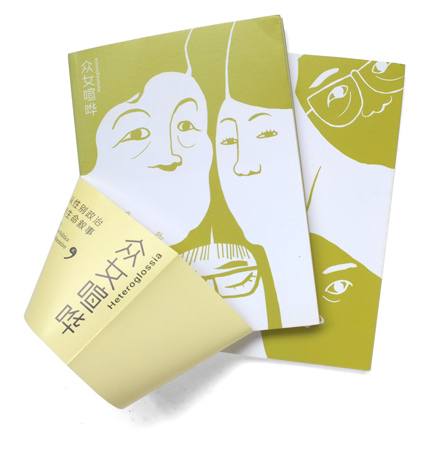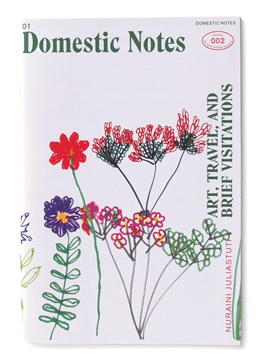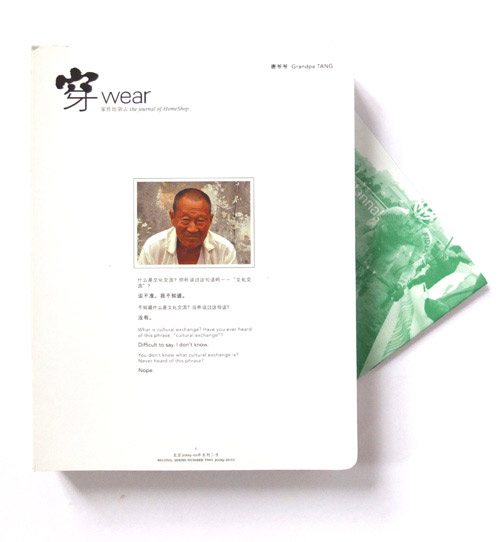Description
隆雪华堂妇女组30周年纪念,诚挚推出《众女喧哗》(两册)。壹《众女喧哗——隆雪华堂妇女组30周年纪念》回首妇女组与社会风雨同舟的三十载,也见证了妇女组近年如何从「妇女本位课题」跨越到「公民社会议题」的转变。
同时推陈出新,贰《众女喧哗——从性别政治到生命叙事》邀请11位不同专长与社会关怀的作者,从公共政策辩析到深度撰写6位各阶层女性的生命故事,是本地中文圈少有专注谈论性别议题与女性历史的专书。
在辑一〈不只是她们的议题〉,无论是妇女运动长期关注的性暴力、生育、照护与公共参与;抑或慰安妇、LGBTQ、外籍性工作者等边缘议题,尝试将本土实况结合学理分析与论述,打开另一种性别政治的思辨地图,反思实践社会(转型)正义的可能。
辑二〈她的身影〉则要我们重新思考:何谓历史?在宏观的历史叙事语言主导下,个人生命史与回忆经常被排除在“客观”历史证据之外,在社会记忆里缺席,女性经验亦常被视为私人小事。让女人说历史,正是要以微观的「herstory」来见证历史里的女人。
取名《众女喧哗》,也是为翻转“女人说话=八卦是非”的刻板印象,「她们」的事就是「国家大事」,也唯有「众声喧哗」的社会,才能推动改革。
The two-part volume Heteroglossia was published in celebration of the 30th anniversary of the Kuala Lumpur and Selangor Chinese Assembly Hall (KLSCAH) Women Section. Within the sphere of Chinese-language publications, there is little work which specifically focuses upon gender issues and women’s
history. In the first part of Heteroglossia, KLSCAH looks back at the tight-knit relations between the Women Section and society, with 30 testimonials telling the evolution of women in recent years, from issues of ‘gynocentrism’ to the topic of ‘civil society’. Heteroglossia also looks toward the future with invitations to 11 different specialists and authors to contribute texts ranging from public policy analysis to in-depth theses. Together, they tell the life stories of six different strata of women in society.
The first section, “It’s not only her issue”, aims to reflect upon the possibilities of social practice by bringing together actual local conditions with academic analysis and research. By addressing various issues, such as the sexual violence that has long been a concern of the women’s movement, pregnancy, public participation, questions of care, as well as issues of marginalisation among comfort women, LGBTQ, foreign workers and others, Heteroglossia hopes to draw out a wholly different map of gender politics.
The second volume, “Her shadow”, asks us to think again: What does history mean? What is there beyond the macro-scale language of historical narrative, where individual life story and memory are regularly neglected for ‘objective’ historical evidence? And what is absent from social memory? Women s experiences are often regarded as private affairs. But if women speak of their history, then we must enter the micro-scale of herstory in order to redress the women in history. The title of the book seeks to overturn the stereotypical view that women’s speak = gossip in favour of the view that women’s matters are also ‘national matters’. Only when we move towards a heteroglossic society can we also push
forward the ongoing revolution.







Reviews
There are no reviews yet.